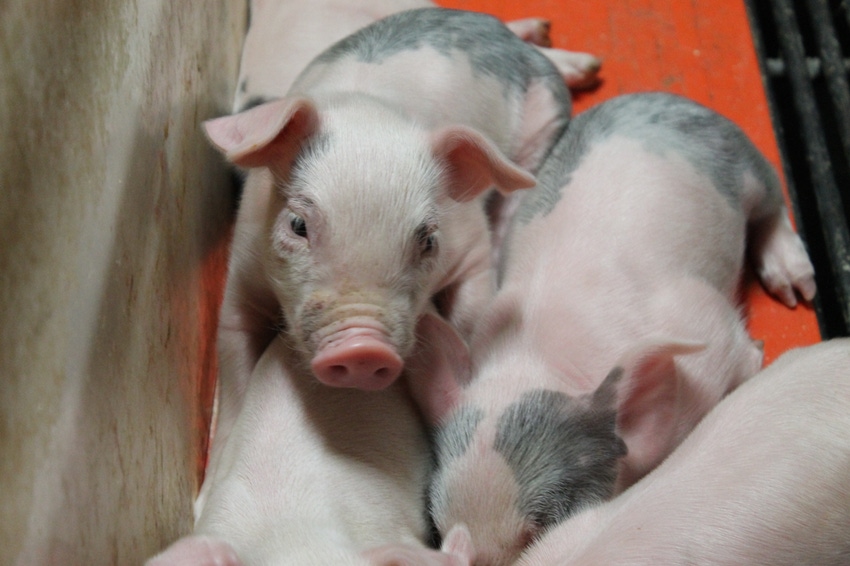CRISPRcon addresses role of emerging technology on human, animal and crop health.
May 30, 2018

Pork producer Randy Spronk will represent the farm perspective during an ethics panel at CRISPRcon, June 4-5, in Boston. Through speakers, panels and interactive discussions, CRISPRcon offers a forum for gene editing stakeholders to share ideas, ask and answer questions, and explore the future of the technology.
Spronk will join researchers, academics, human health experts, agriculture professionals, non-profit leaders and regulators at this conference organized by the Broad Institute of MIT and Harvard and the McGovern Institute for Brain Research at MIT.
The future potential benefits of gene editing spans many aspects of life — from human and animal health to agriculture and conservation. Gene editing makes precise, intentional and beneficial changes in the genetic material of living things. As one of the tools used for gene editing, CRISPR technology shows tremendous promise for improvements in human health and food production.
“Gene editing will give us, as farmers, more options in how we produce pork in a way that is responsible for people, pigs and the planet,” says Spronk, a third-generation farmer from Edgerton, Minn. Spronk is a former president of the National Pork Producers Council who, along with his son, raises pigs, soybeans and corn.
Spronk will participate in the CRISPRcon closing panel, “Infinity and Beyond? Exploring and Determining Limits for Gene Editing.” Other panelists are Nnimmo Bassey, Health of Mother Earth Foundation; George Church, Wyss Institute at Harvard Medical School; and Rev. Kevin Fitzgerald, Georgetown University. The panel will be moderated by Tamar Haspel, Washington Post columnist. Spronk’s participation at CRISPRcon is supported by the Pork Checkoff and the NPPC.
One of the most devastating diseases to pigs is porcine reproductive and respiratory syndrome. Before gene editing, there has not been an effective cure for the PRRS virus, which results in tremendous suffering and often premature death of affected pigs. Through gene editing, genetic resistance to PRRS can be created through a process that mirrors what could happen naturally or through traditional genetic selection. Decreasing PRRS cases would alleviate pigs’ suffering, reduce the use of medically important antibiotics, and help farmers keep pace with the growing demand for more and better food, while using fewer natural resources.
The agriculture community is keenly aware of uses for gene editing that can bring benefit to people through improved health and food, to pigs through enhanced animal welfare, and to the planet by producing more food with reduced natural resources.
“As a farmer and pork producer, I believe we should openly and transparently communicate the potential benefits and responsible use of gene editing,” Spronk says. “I welcome every chance I get to talk to people about how I farm, and the CRISPRcon event will provide a national platform to visit with many others about how we can use gene editing to improve food production.”
About the Author(s)
You May Also Like



